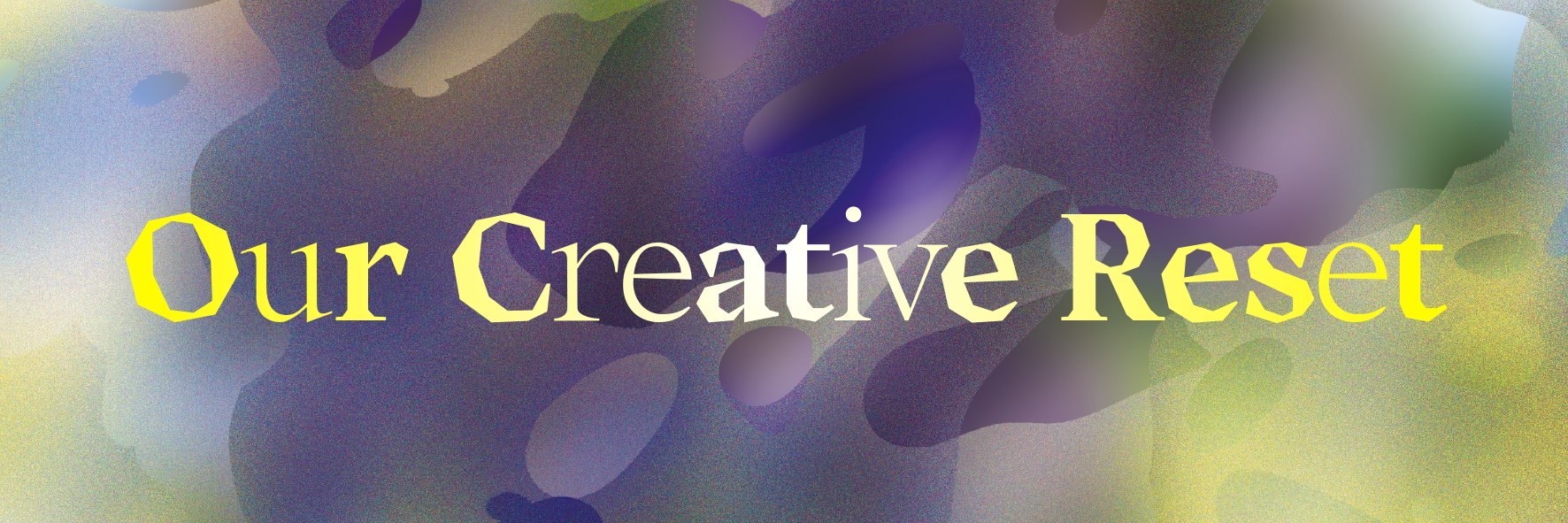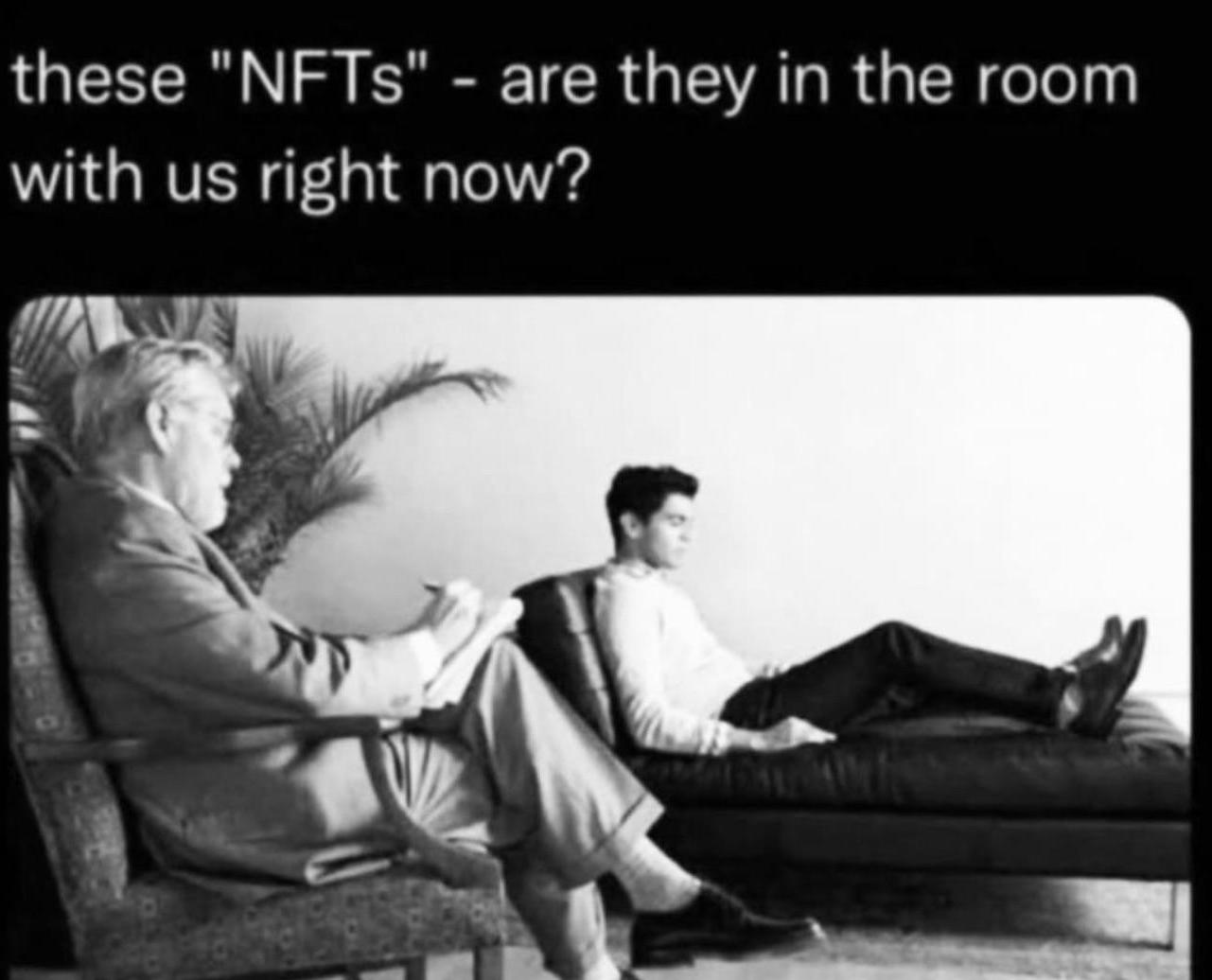Date/Time
Date(s) - April 14, 2023
10:30 am - 1:00 pm
Location
STRP Stage + Online
Categories
Blockchains, NFTs, tokens, crypto, and DAOs; how can Web3 facilitate decentralised ownership and communities? With Sarah Friend, lizvlx & Michelle Kasprzak, Penny Rafferty, Will Rowe, moderated by Sepp Eckenhaussen.
In this STRP Scenario, STRP and co-creator Foundation We Are examine the shift from Web2 to Web3, from open sharing to blockchain-based forms of (digital) ownership. Web2 is a term for the internet as we know it, controlled by major tech organizations such as Google, Meta and Microsoft. While this system has made it possible for billions of people to connect with each other, users and communities have also lost control and ownership of their data. The future of our online world lies in a collective reconquest of this ownership.
Web3, the next iteration of the internet integrating blockchain technologies, crypto and token-based economies, promises to be the triumph of an online world where individuals and communities can access – and own – their data and digital presence. Web3 will change how we consume, create, and design culture, and how we influence both virtual and physical art experiences. However, decentralised technology does not mean that power is evenly distributed.
STRP Scenario #21: Decentralised Collaborative Futures is a search for inspiring examples of design projects and collaborations from a non-hierarchical, cooperative organization and Web3 principles. This Scenario explores the potential of decentralised autonomous organizations (DAOs). And questions the benefits of crypto-based ownership, NFTs, and other blockchain-based forms of finance to empower communities online and locally. How can individuals and communities use Web3? And what do we need to redefine the online world and enable collaboration, listening and action?
Discord Community
During STRP Scenario #21: Decentralised Collaborative Futures, we learn from experts who apply Web3 principles and critics about the promises and pitfalls of Web3. This Scenario takes the form of a Learning Community. This community gathers on Discord, where you can pose all your questions and concerns. In the run-up to STRP Festival 2023, two online meetings will be organized online in which the potential of NFTs, DAOs, and other Web3 principles will be examined hands-on. Together we discuss, experiment, and learn about the possibilities of Web3 for creators and creative communities. Join the Discord community here: https://discord.com/invite/TwFhEecGSB
Co-creator: Foundation We Are
Foundation We Are was established in 2018 with the goal to enable and facilitate unexpected collaborations between the creative sector and experts on societal transitions. With the mission to promote and practice interdisciplinary design, the foundation develops cross-practice incubators, exhibitions, events, and educational programs. The fields of societal transition that they are concerned with are set out in 5 scopes: Civic Society, Systems of Governance, Ethics of Technology, Cultures of Information, and Justice in the Anthropocene.
Speakers
Sarah Friend is an artist and software developer, specialising in blockchain and the p2p web. She is an alumna of the Berlin Program for Artists, co-curator of Ender Gallery – an artist residency taking place inside the game Minecraft, and organiser of Our Networks, a conference on all aspects of the distributed web. Recent solo exhibitions include Off: Endgame, curated by Rhizome, Refraction and Fingerprints at Public Works Administration in New York, and Terraforming at Galerie Nagel Draxler in Berlin.
lizvlx & Michelle Kasprzak: The Crypto Purse
lizvlx and Michelle Kasprzak have joined forces in The Crypto Purse: a collection of NFTs paying homage to the beauty and functionality of one of humankind’s most fundamental tools: the bag. The collection also functions as a feminist commentary, why do we hold crypto in a “wallet”, and not in a purse? lizvlx is one half of UBERMORGEN, a collaboration of over 25 years, and is also a Professor at the KHM Academy of Media Arts Cologne. Dr. Michelle Kasprzak is an established contributor to the field of digital cultures, urban commons, and social innovation as a curator, educator, artist, and writer. She is currently a postdoc at the Rotterdam University of Applied Sciences.
Penny Rafferty is an independent writer and thinker, departing from her research and thinking she has initiated and co-founded Black Swan DAO, a proto institution for interdisciplinary research and practice. She is also the Co-Co-Principal Investigator at Serpentine Galleries Blockchain R&D Lab and co-developed the think tank series Artworld DAO’s and The Radical Friends Summit (2019-2022) with Ruth Catlow and Ben Vickers, in coordination with Serpentine Galleries, Furtherfield, Haus Der Kunst Munich and Goethe Institute London. In 2022 she released the book ‘Radical Friends – Decentralised Autonomous Organisations and the Arts’ with Catlow consolidating five years of research into a toolkit for fierce thinking and connectivity that moved beyond the established systems of centralised control in the art industry and wider financial networks through Web3 thinking.
Will Rowe is the Founder of Protein, a global group of cultural creators who commune online and IRL to collaboratively build a better future. Protein has been tracking the people and ideas that permeate culture through their Supplement, Studios and Agency since 1997 — and more recently been using Web3 tools and their own $PRTN token to bring together brilliant minds to collaboratively discover and incubate projects that align with their Good Growth values. Will is an enterally curious, critical and creative thinker who imagines time in colour … but that’s another story.
Moderator
Sepp Eckenhaussen joined the Institute of Network Cultures (INC) in 2018 as a researcher and editor responsible for the (digital) publishing programs of the INC. His research is focused on the (self-)organization of art workers, precarity in the platform economy, and decentralised models of redistribution.



